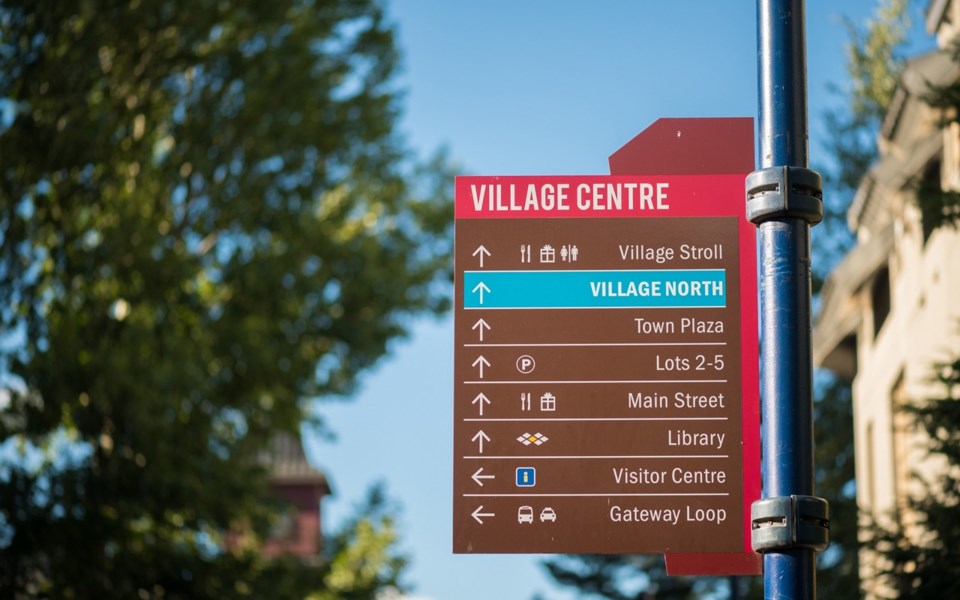While the Resort Municipality of Whistler's (RMOW) 2018-2022 project outline is valued at about $40 million, a significant portion of that is proposed to come from Resort Municipality Initiative (RMI) and Municipal and Regional District (MRDT) funds.
RMI money accounts for $9,136,690 in project funding over the next five years, while MRDT project funding totals $3,023,370.
In 2018, $4,429,690 will be spent using RMI, and $645,370 from MRDT.
Some big RMI projects on the books for this year include continued work on the Cultural Connector ($958,000 in 2018, $500,000 in 2019), Village Square and Mall Rejuvenation and continued work on wayfinding ($1,242,690 in 2018) and the Alpine Trails Program ($400,000 in 2018, $300,000 each year from 2018 to 2022).
"The (Lord of the Squirrels) trail that was completed last fall is receiving kudos from everybody, and the numbers of hikers and bikers on these trails, it's just astounding," said Mayor Nancy Wilhelm-Morden. "People are so anxious, particularly in the summer, in getting into the backcountry... we're encouraging that by continuing to build and expand these trails."
The RMI funds — designed to grow and enhance tourism in 14 resort municipalities across the province — are "crucial" to the municipal budget, Wilhelm-Morden said.
With no updates on the program's future in the provincial budget released in February, the RMOW is making inquiries of the province as to what will happen next.
The RMI program is currently slated to expire on March 31, 2018.
As for MRDT funding, the bulk of the spend is directed to general resort upkeep: reinvestment in the Whistler Conference Centre ($650,000 in 2018, $150,000 from 2019 to 2022), reconstructing the Valley Trail ($50,000 in 2018, $110,000 from 2019 to 2022) and general improvement in local parks ($200,000, 2018 to 2022).
The RMOW is also awaiting approval on an increase to its MRDT rate, from two per cent to three per cent.
The lengthy application was submitted in December, and has since been prioritized by the Ministry of Finance. The RMOW expects the additional one per cent to amount to about $1.8 million (to be split 50/50 with Tourism Whistler).
News in the provincial budget that MRDT money — traditionally reserved for tourism and marketing — would now be able to be spent on housing caught the RMOW by surprise.
"We're so close to getting consent at this point from the province, that we're not going to pull the application out and amend it to include housing," Wilhelm-Morden said.
"We just want to, at this point, get the one per cent approved, and then we'll consider whether we want to go back at some point in the future and ask for permission to spend some of it on housing."
Meanwhile, the RMOW is also welcoming $1,578,245 from the Federal Gas Tax Fund to support two strategic projects: an asset management investment plan and an organic waste system upgrade.
The RMOW will use $88,000 to develop processes that will improve asset management planning and $1,490,245 to increase the scale of operations at Whistler Composter.




